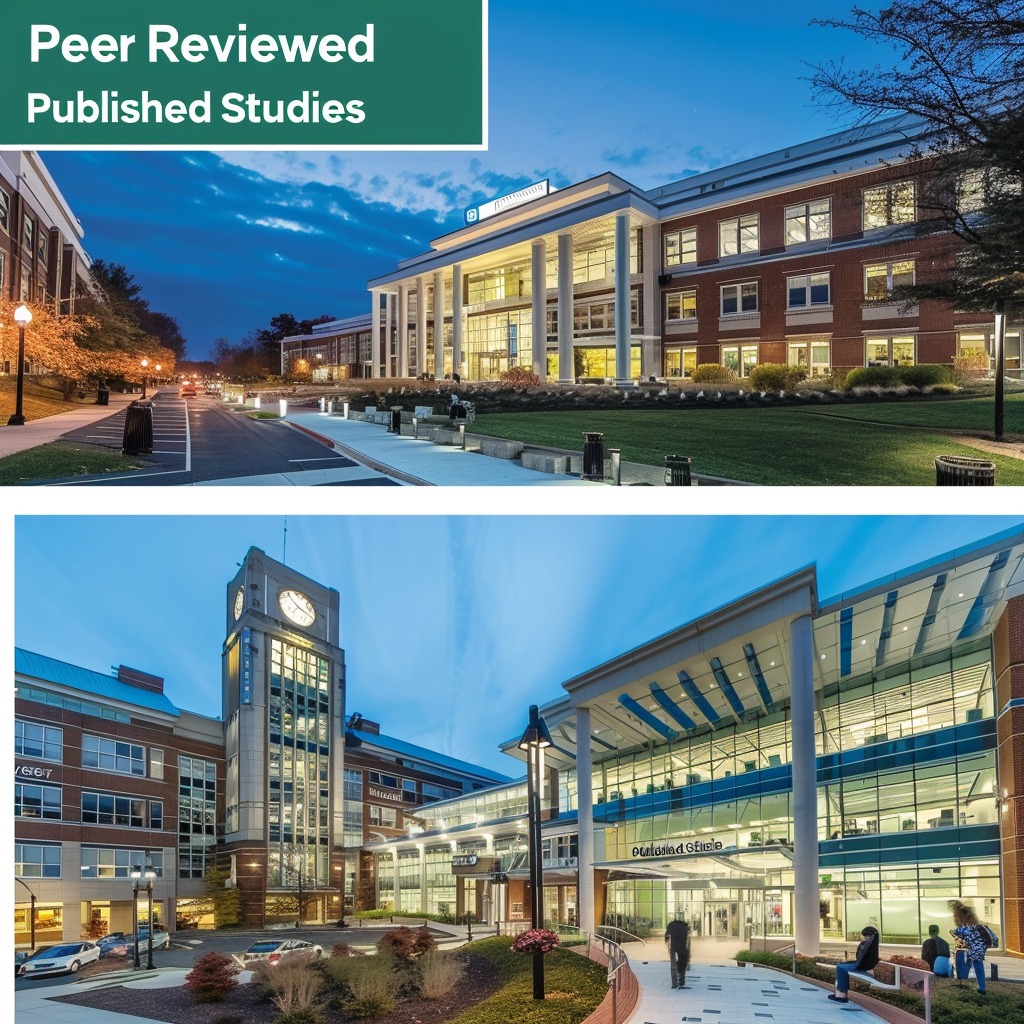Is the Internet bad for you? A recent study suggests otherwise. Conducted over 16 years and spanning 2.4 million individuals globally, it challenges the prevailing notion that Internet usage adversely impacts well-being. Rather, findings indicate a potential positive correlation between online activity and measures of life satisfaction and purpose. A Link to the study is located at the end of article.

Psychologist Markus Appel from the University of Würzburg emphasizes the significance of this research in understanding the relationship between digital media and mental health. Despite concerns about negative effects like cyberbullying and social media addiction, previous studies have shown minimal detrimental impacts, if any.

Published in Technology, Mind and Behavior, the study aimed to offer a more comprehensive perspective by analyzing data from the Gallup World Poll across 168 countries. Unlike previous research mainly focused on English-speaking countries and young demographics, this study encompassed diverse global populations aged 15 and above.

Researchers controlled for various factors such as income, employment, education, and health status to assess the association between Internet access and well-being. Surprisingly, those with Internet access scored higher on life satisfaction, positive experiences, and contentment with their social lives compared to those without.

Internet activities, facilitating learning and social connections, were suggested as potential contributors to this boost in well-being.

Lead researcher Andrew Przybylski likens the positive effect to the benefits of a leisurely walk in nature.

However, the study also uncovered nuances. Young women aged 15–24 who reported recent Internet use were less content with their living environment, possibly due to seeking refuge online from unwelcoming communities. Further research is necessary to establish causality in these associations.

In the midst of ongoing debates regarding Internet and social media regulation, the study’s insights remain pertinent.

Tobias Dienlin from the University of Vienna underscores the need to recognize the diverse effects of different online channels and uses on well-being outcomes.

Link the study can be found here.





